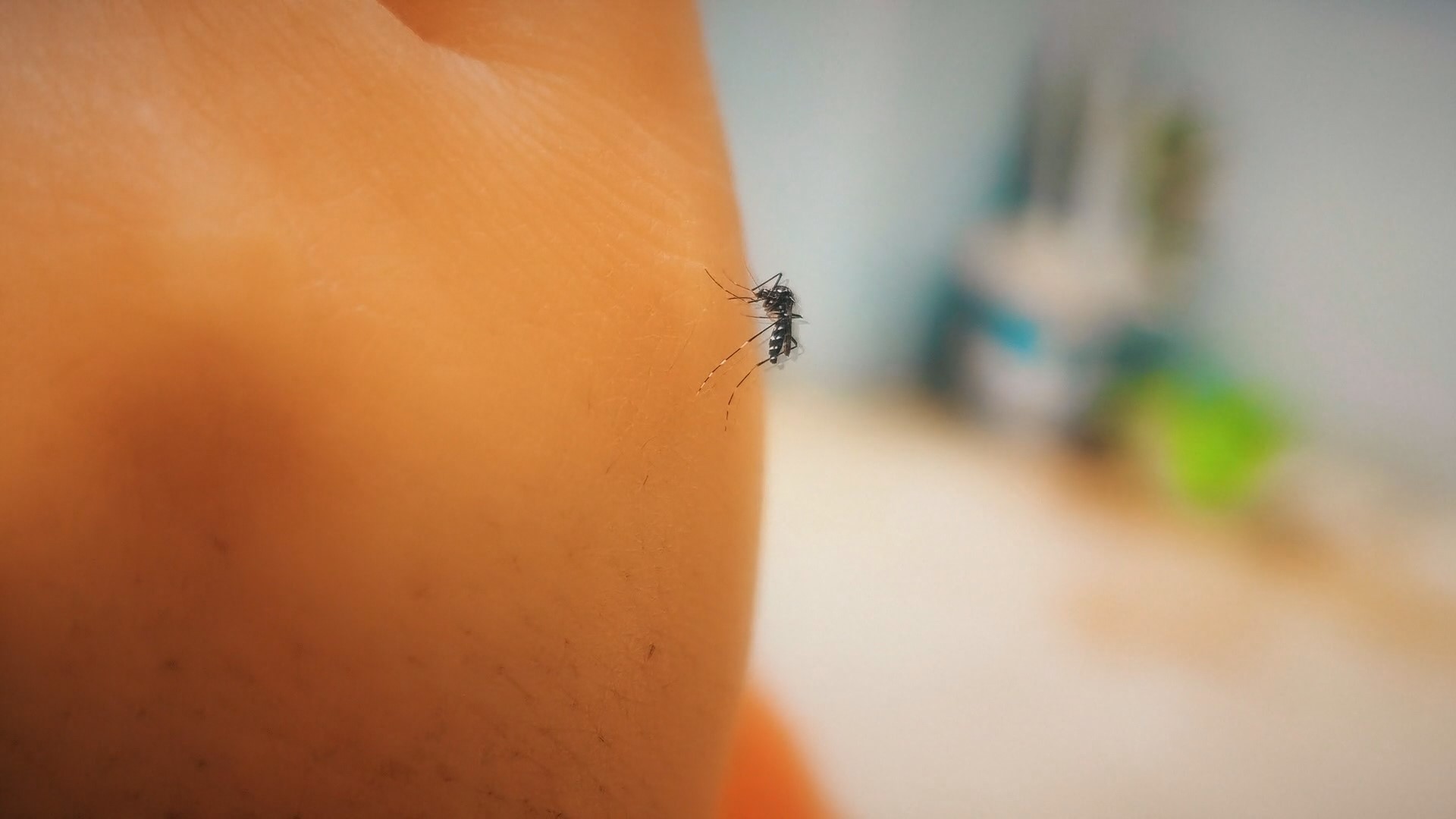SARASOTA, Fla. — Florida is reporting four cases of locally acquired malaria for the first time in 20 years. The disease is caused by a parasite and spread to humans through infected mosquitoes.
Four cases popped up in Sarasota County last week, causing the Florida Department of Health to issue a mosquito-borne illness advisory.
The Centers for Disease Control recommends wearing repellent, cover up with long sleeves and pants at dawn and dusk and use screens on windows and doors to prevent catching diseases from mosquitoes.
A mosquito bite typically just makes us itchy, but it can be deadly if that insect is carrying malaria.
Symptoms of the disease include fever, chills, headache or muscle ache, and in more serious cases, nausea, vomiting and diarrhea.
System Medical Director at Baptist Health Dr. Shalika Katugaha said mosquitos love Florida’s humid environment.
“Malaria lives in the red blood cells of the infected individual,” Dr. Katugaha said, “and so it can develop into severe anemia. You can get jaundice also, which is yellowing of the skin and the eyes. Then you can get more severe complications like kidney failure, seizure, confusion, even death.”
There are 45 different species of mosquito in Clay County, according to the Regional Director of Mosquito Control Services Caroline Efstathion.
They use six different types of mosquito traps checked four to five times a week to decide where to treat to control the population.
She said homeowners should also remove any containers holding water outside like bird baths or pet bowls.
“If they never become an adult they can’t fly away and bite people so we target about 70-80% of our treatments at the larval stage in water,” Efstathion said, “and then 20-30% is what most people are familiar with which is when we spray for the adults, so that’s when you see the trucks spraying in the evening time.”
If you live in Clay County and think you see an area that needs to be treated, you can visit the website and click "Clay Connected" to put in a request with Mosquito Control Services.
According to the Centers for Disease Control and Prevention, the four people who got malaria in Florida are recovering.
Doctor Katugaha said it’s treatable and you should go to your doctor if you think you may have the disease.
“There are plenty of anti-malarial drugs, so if we catch it early, and if you correct and prompt treatment then any of these severe complications can be prevented and you can be cured. It’s only if you don’t get the anti-malarial treatments that it progresses to these more severe complications.”

